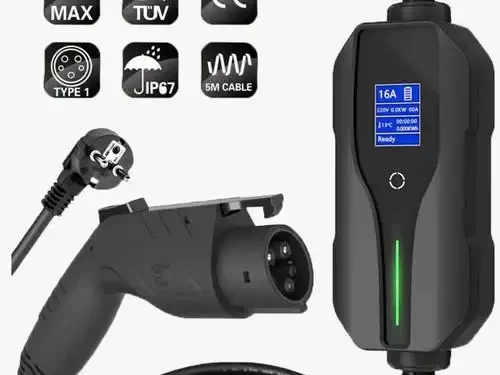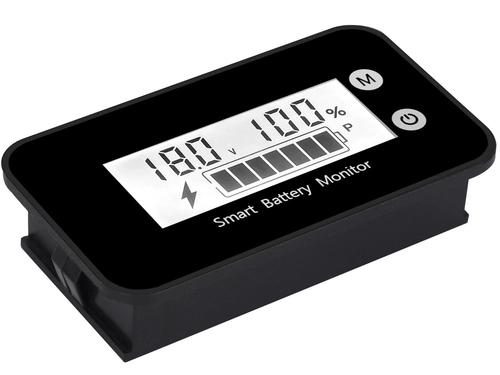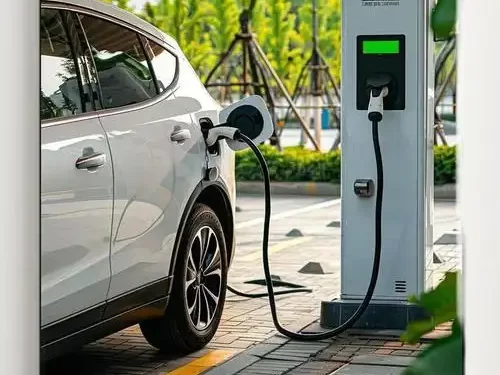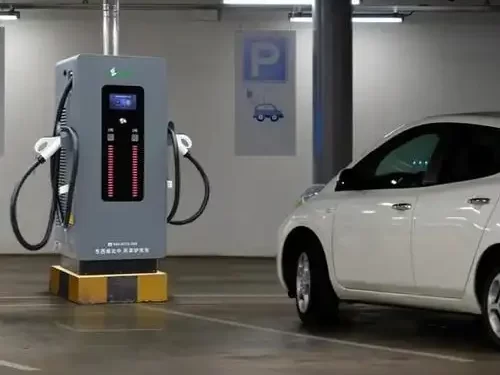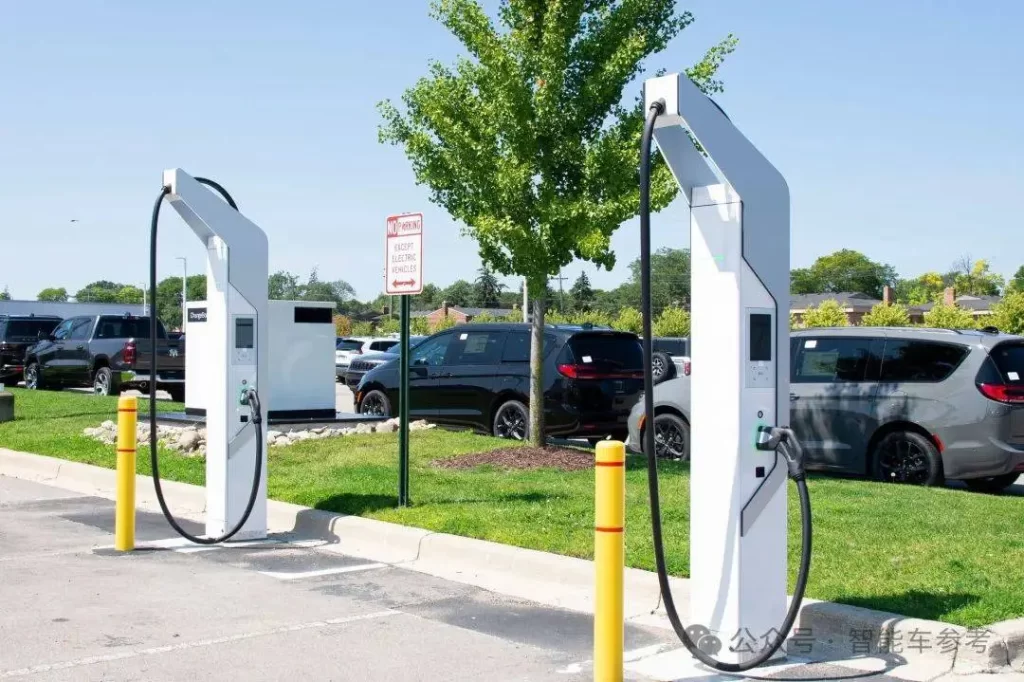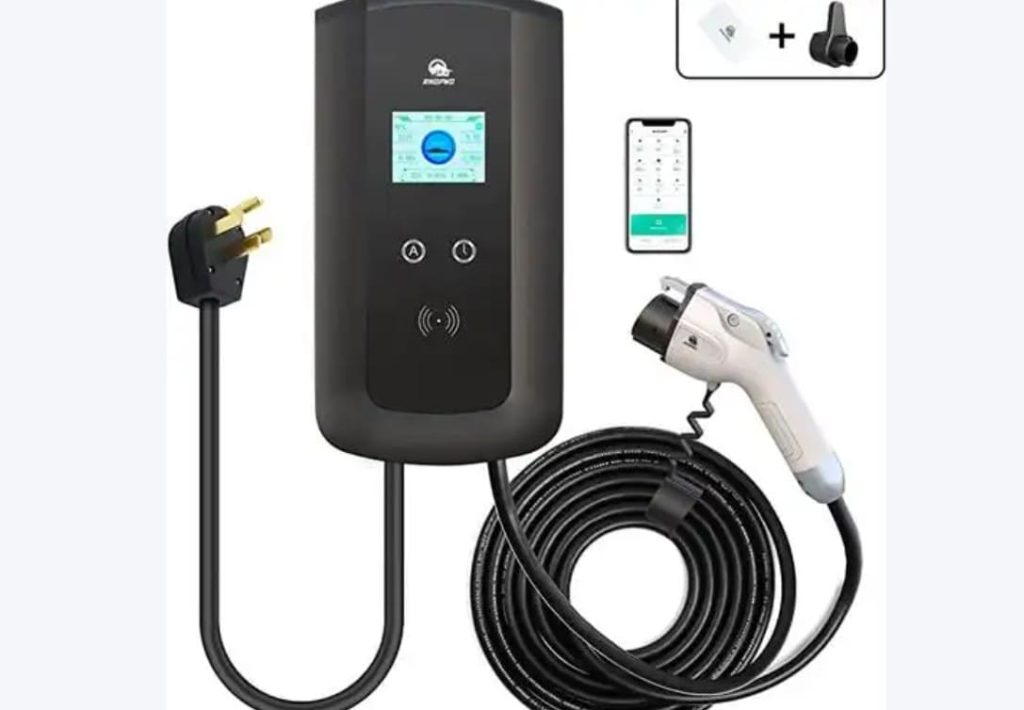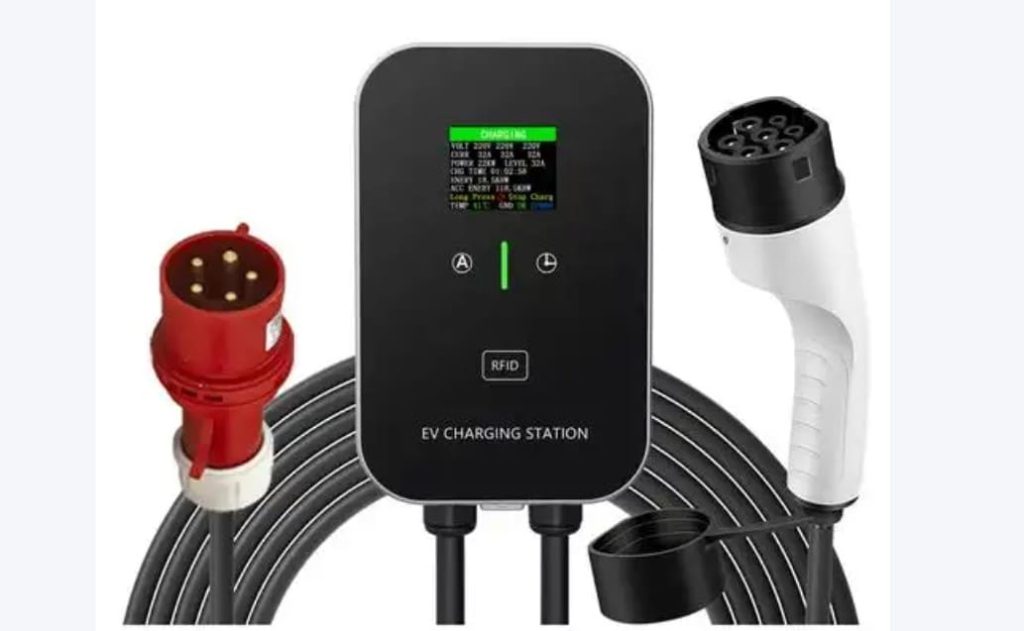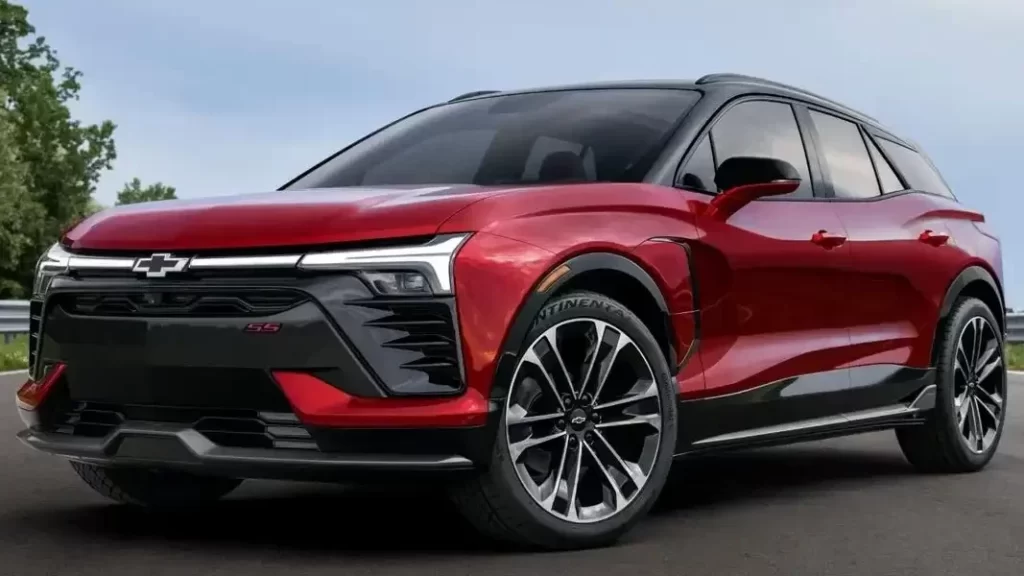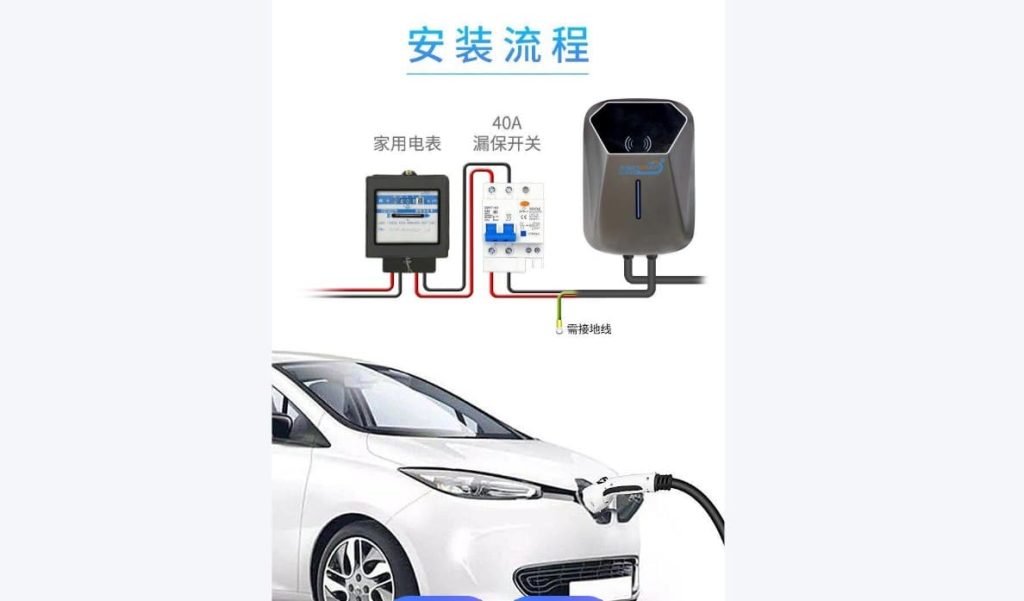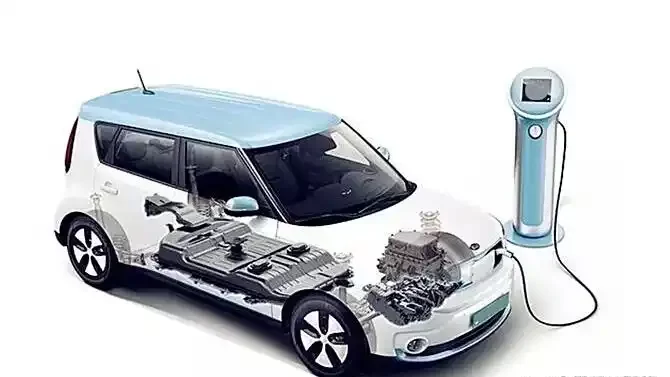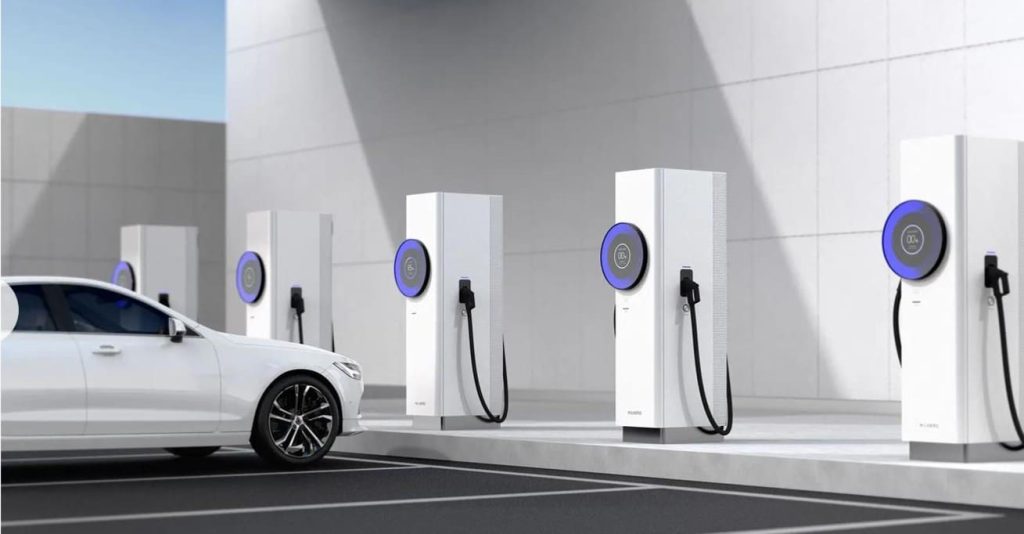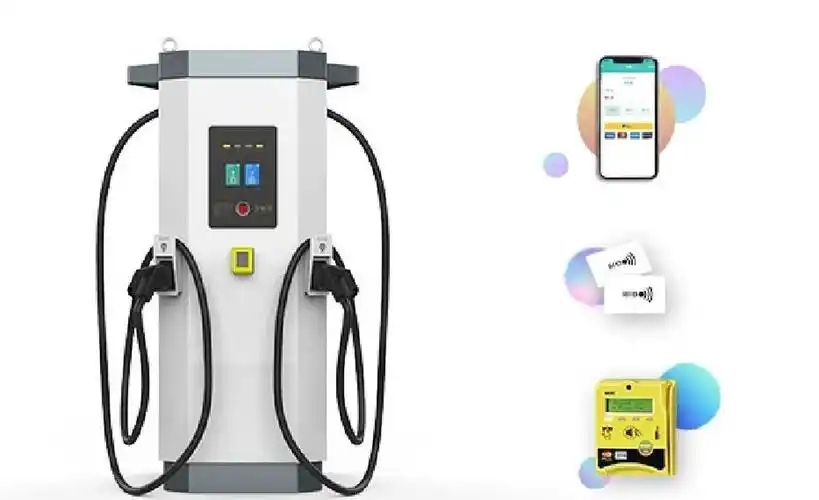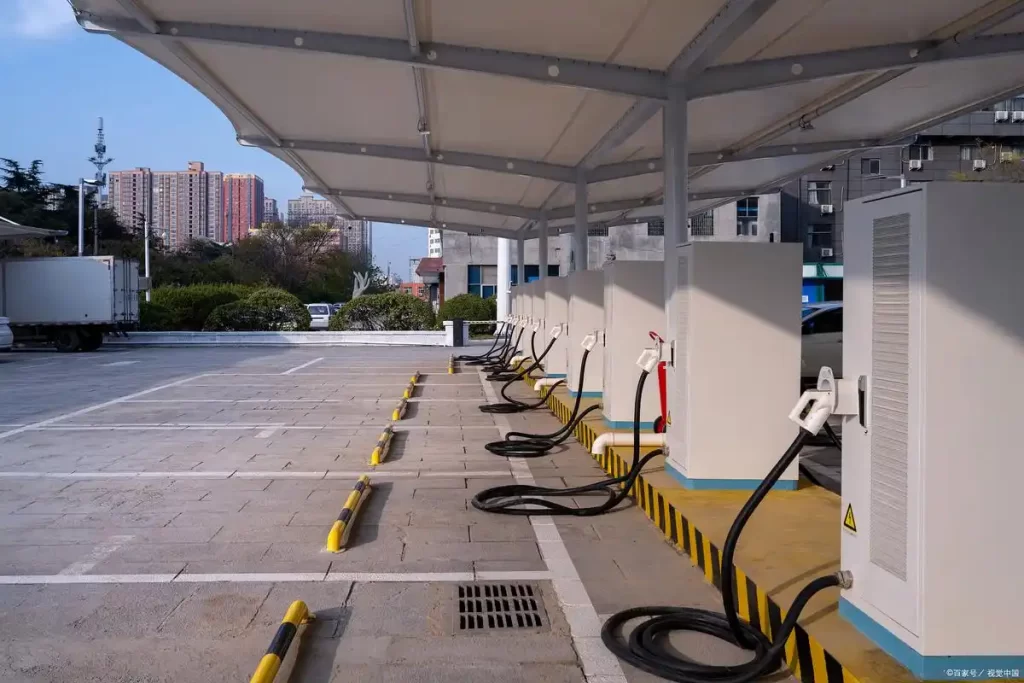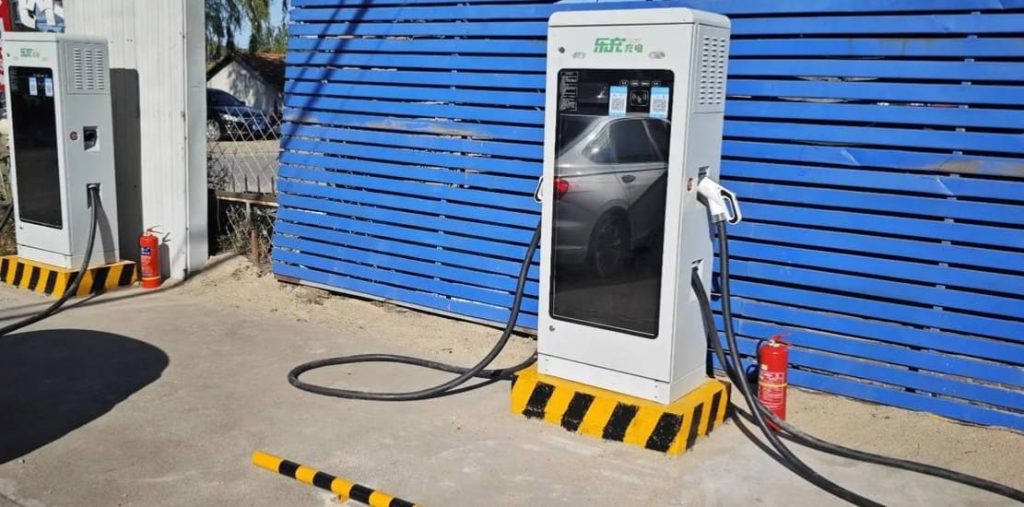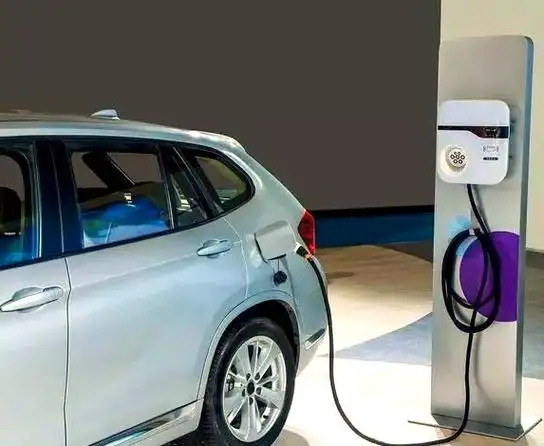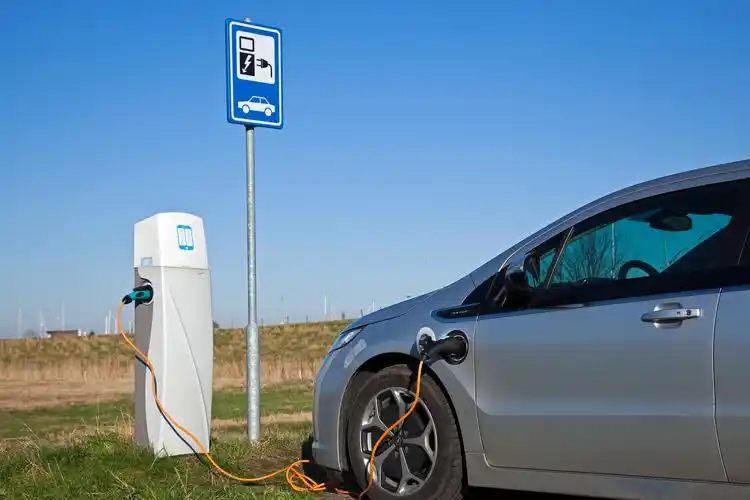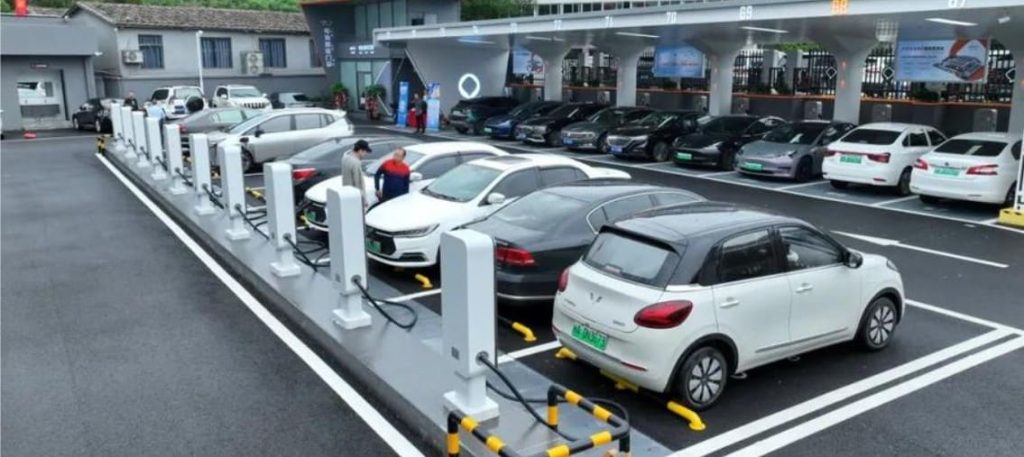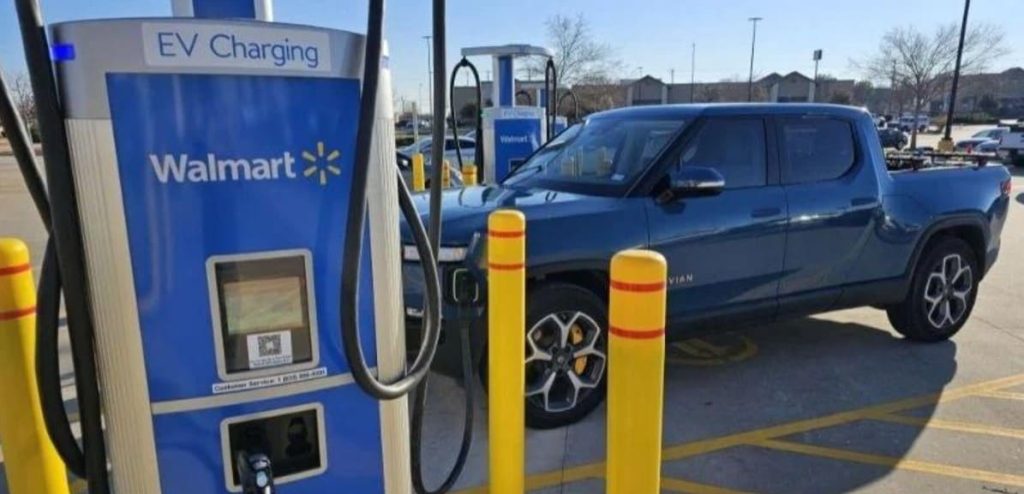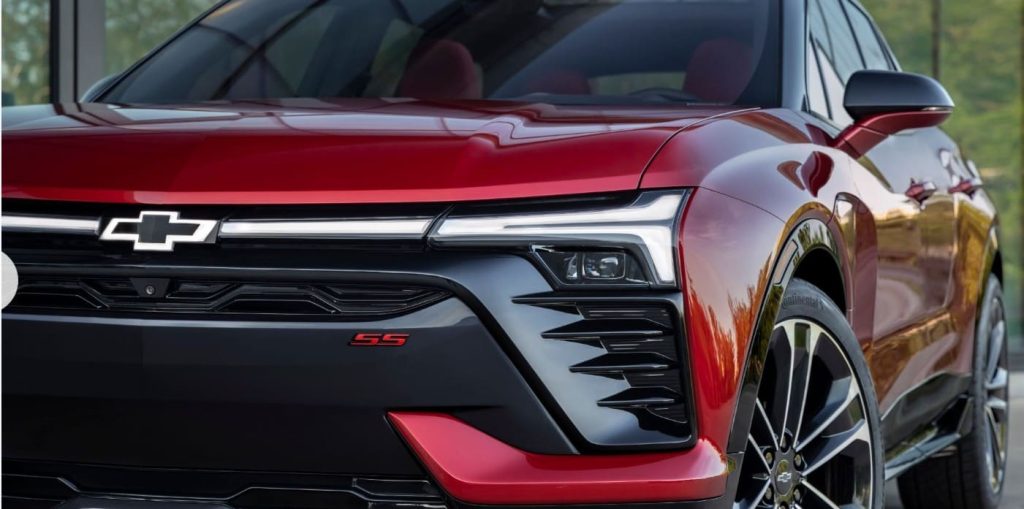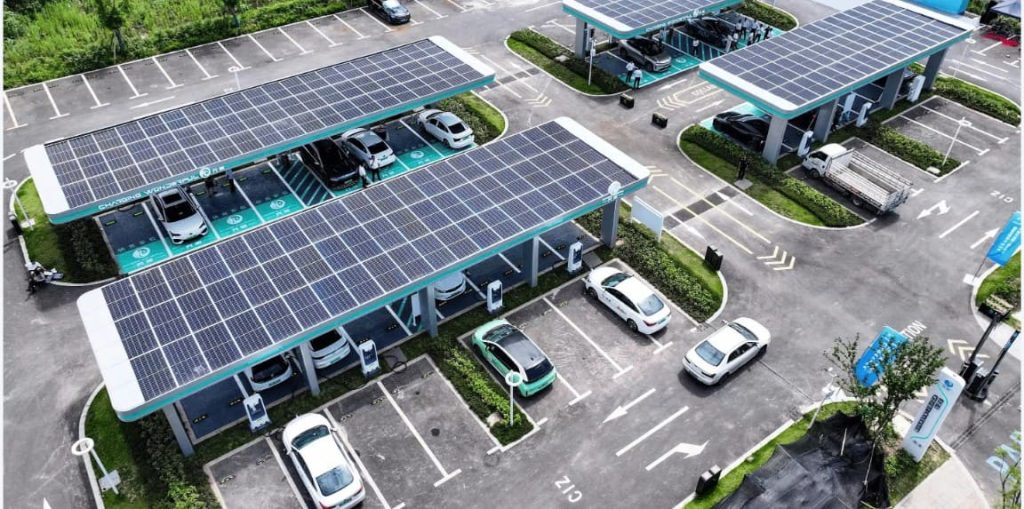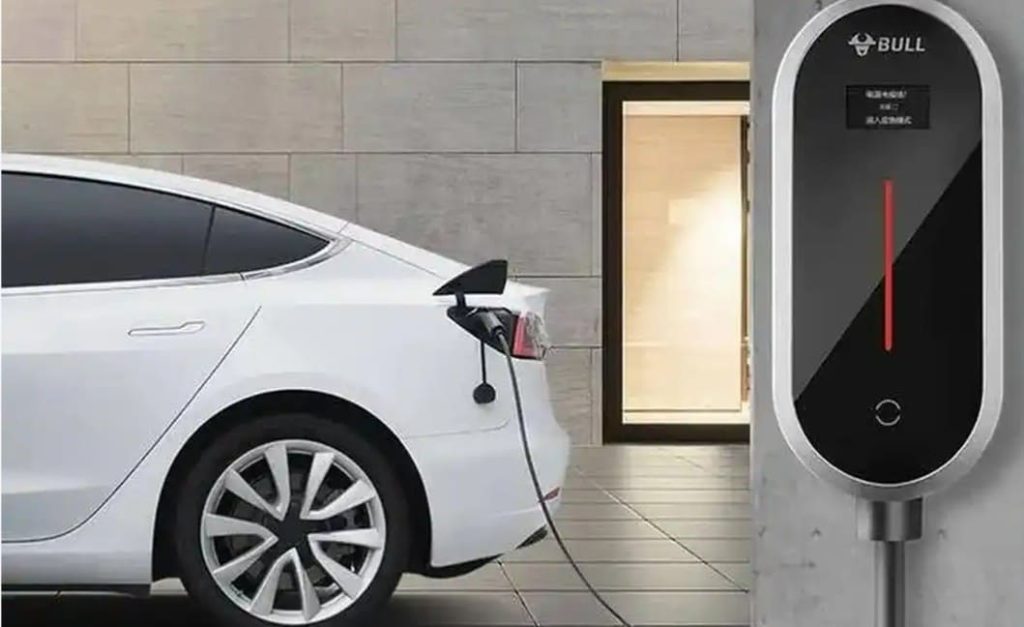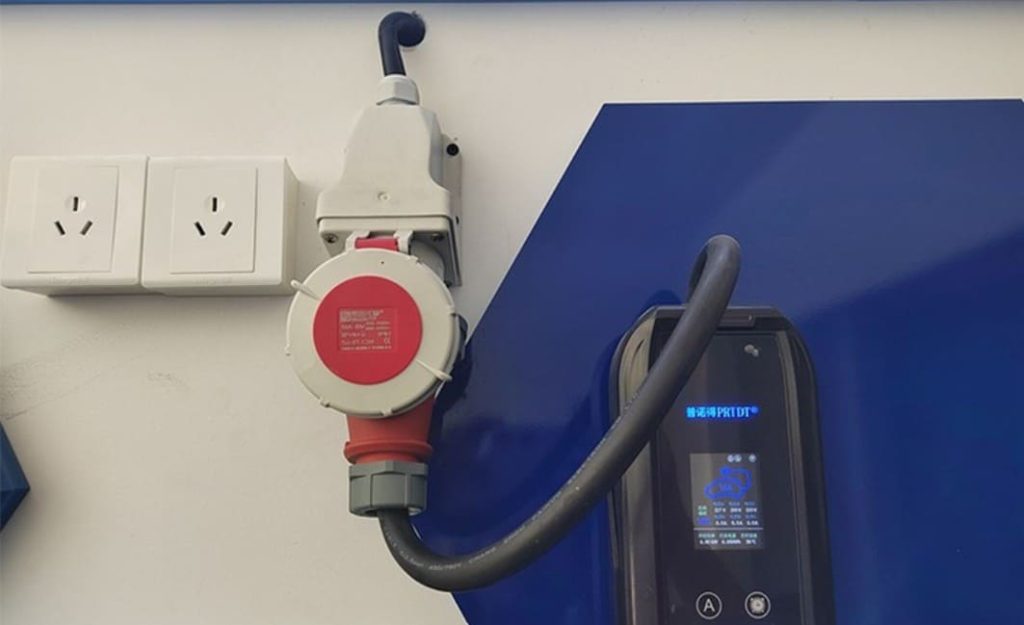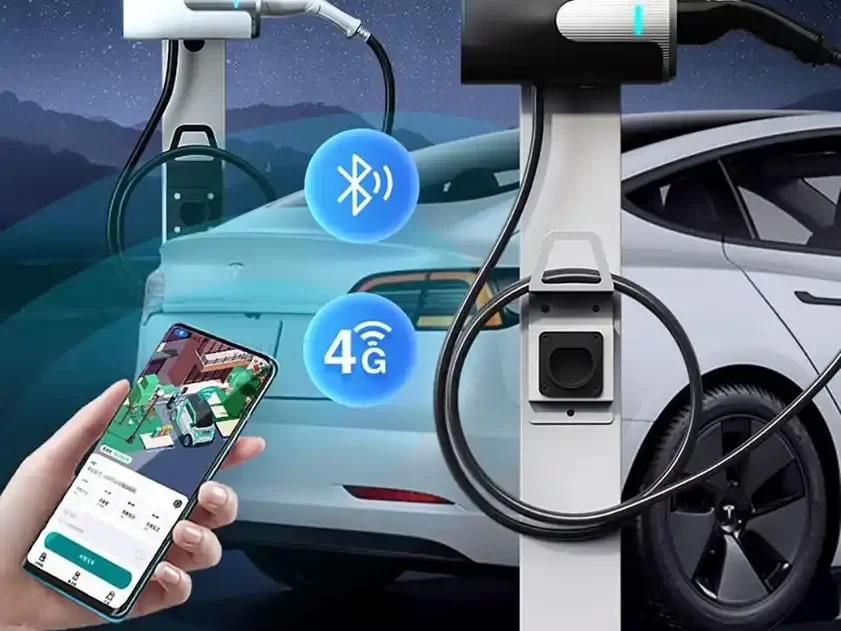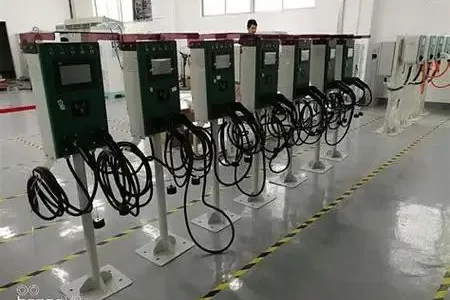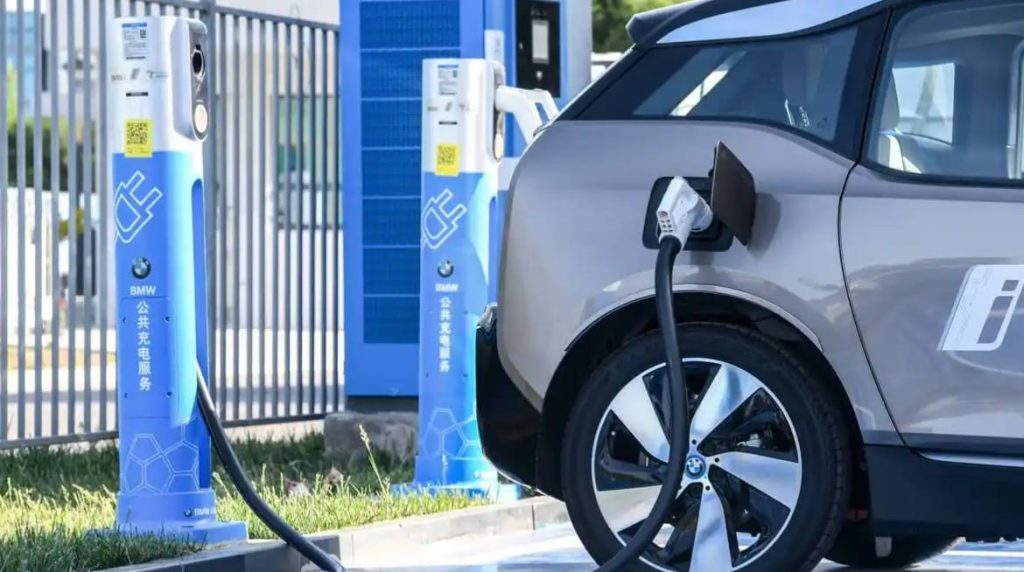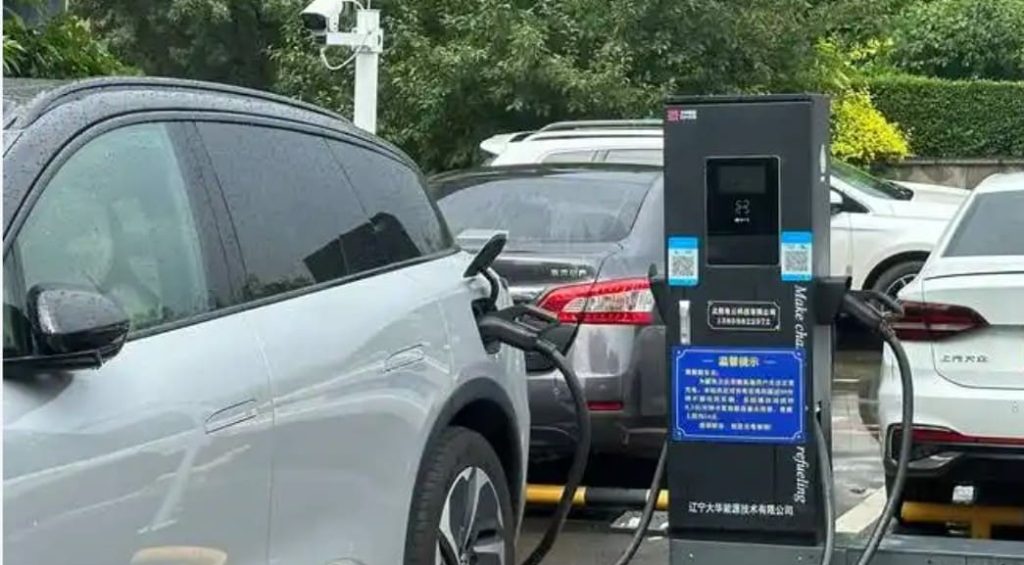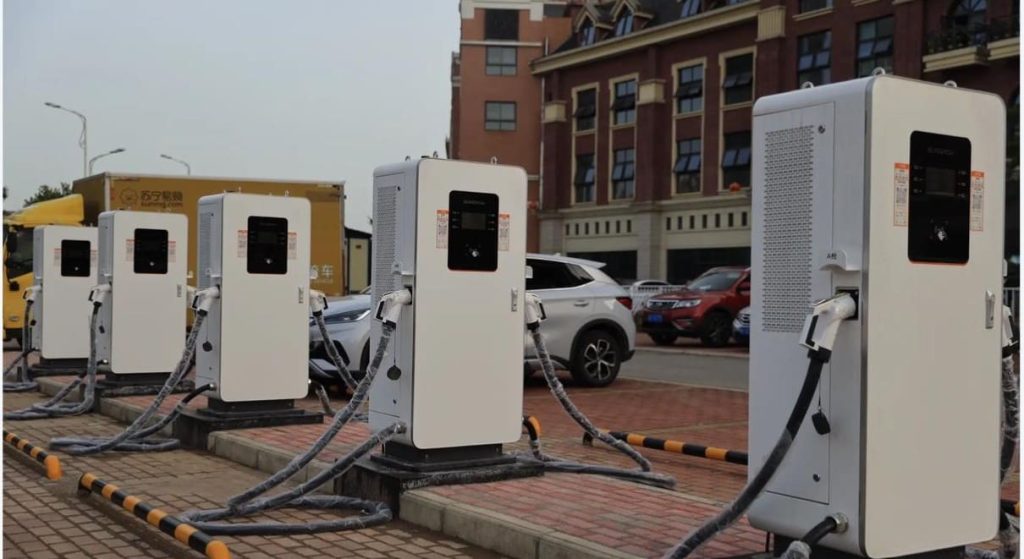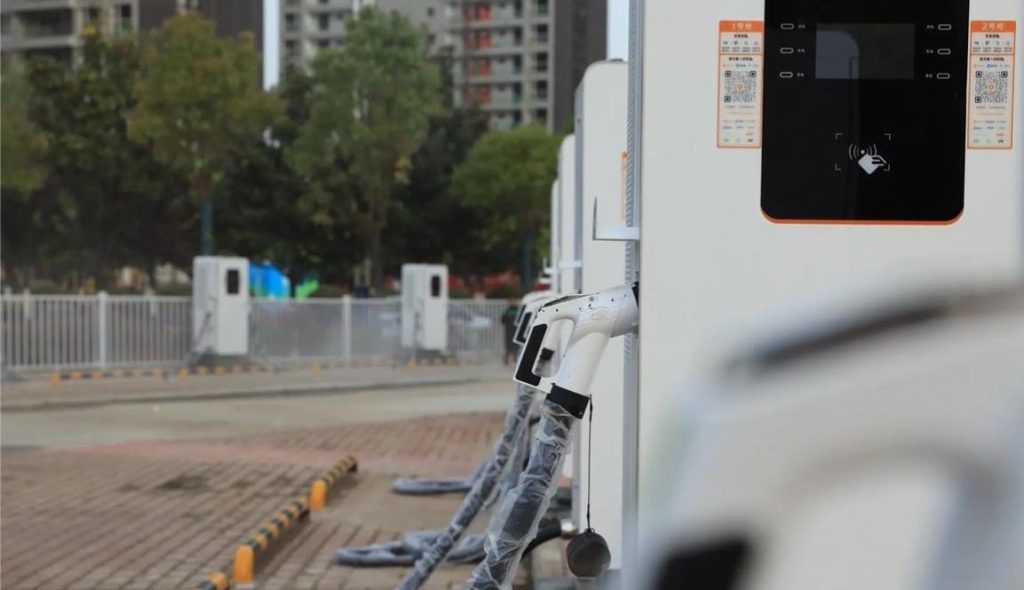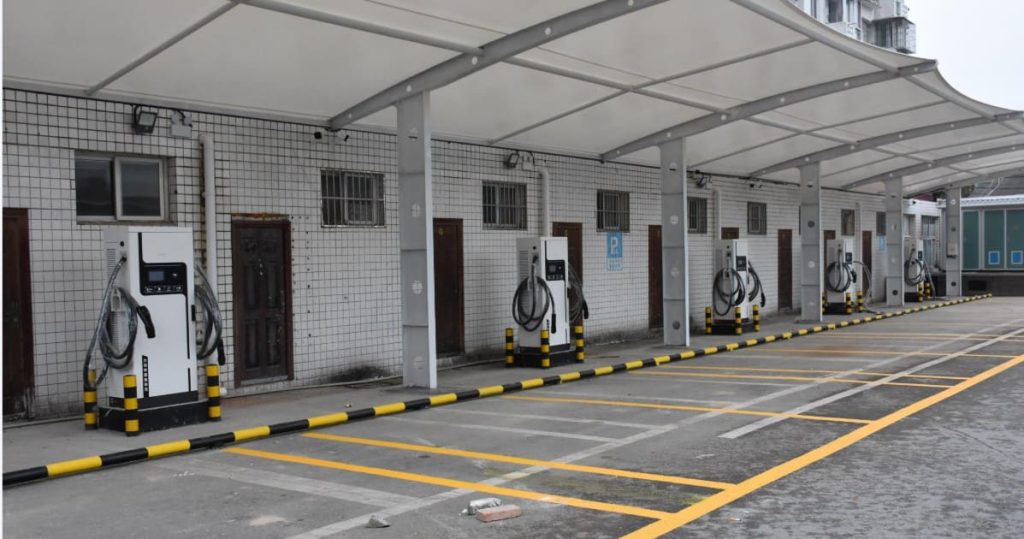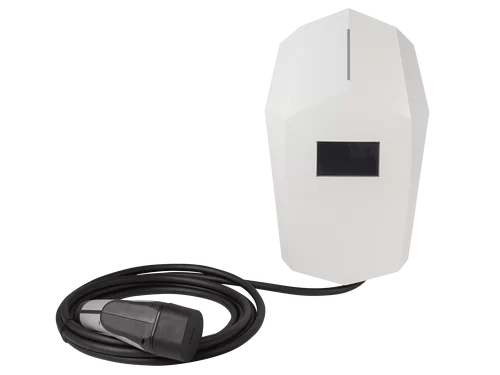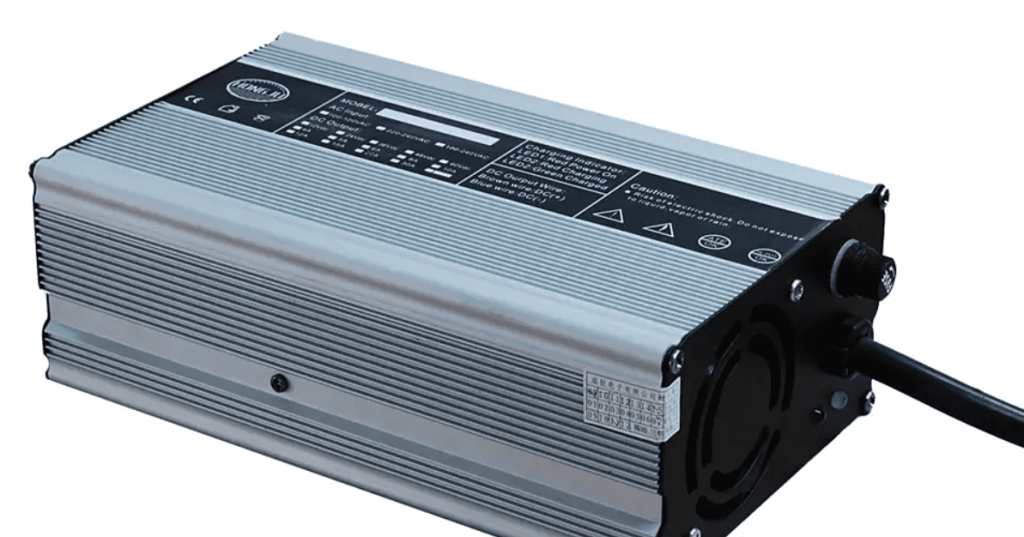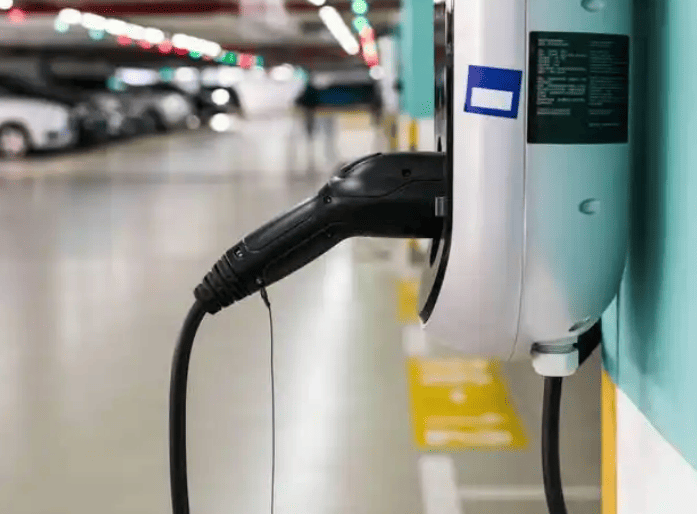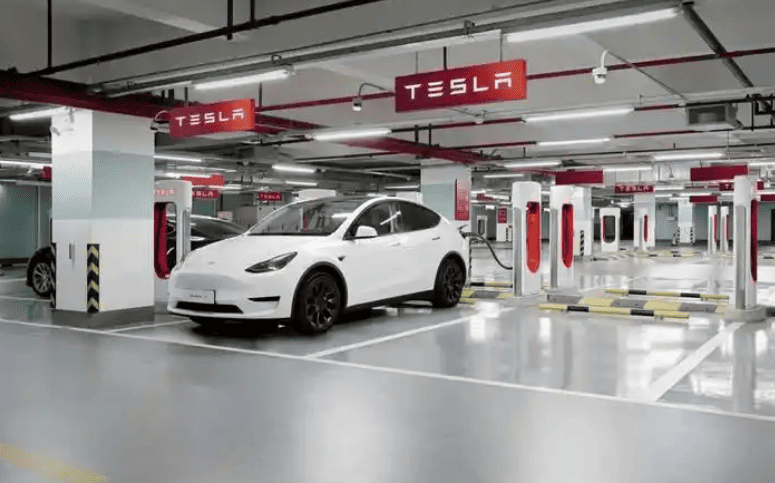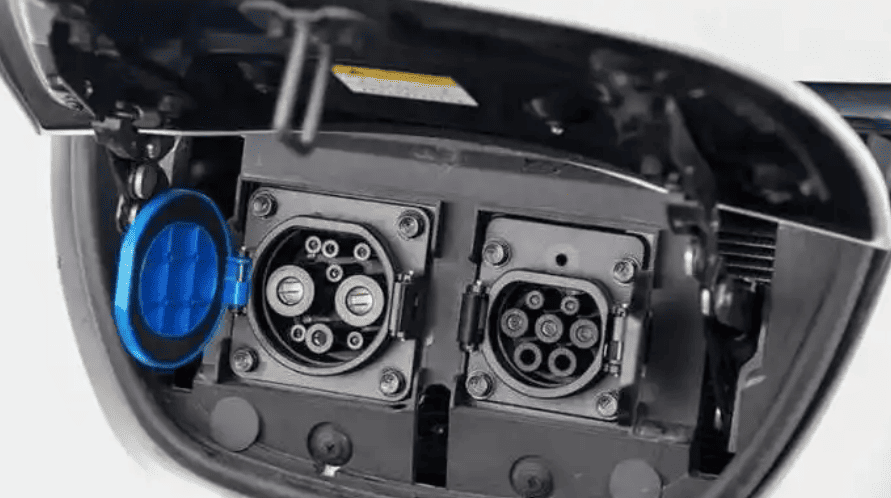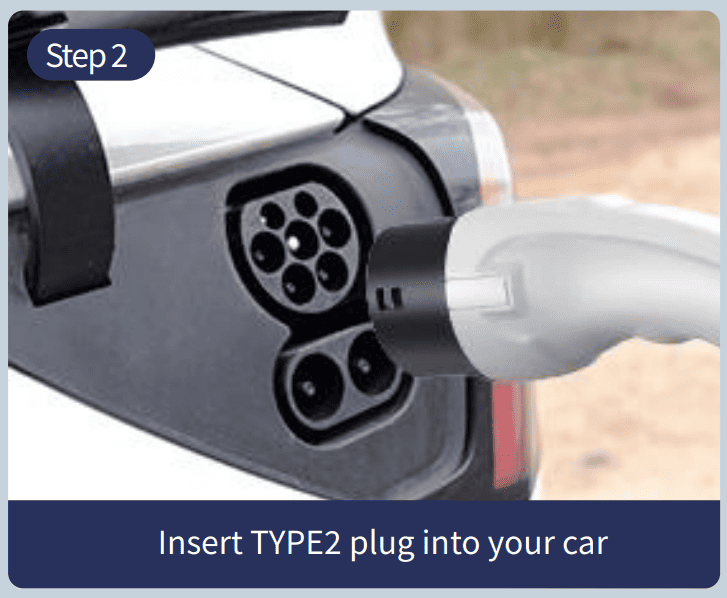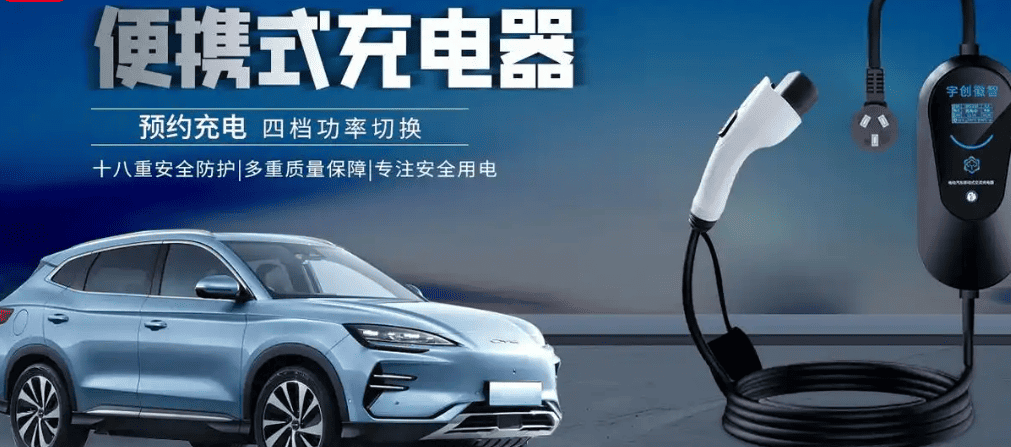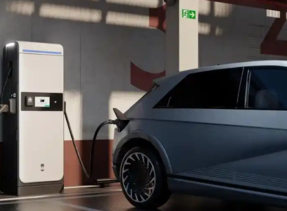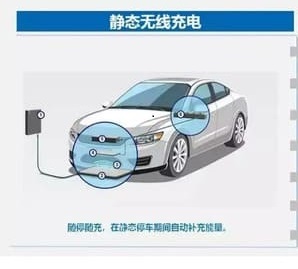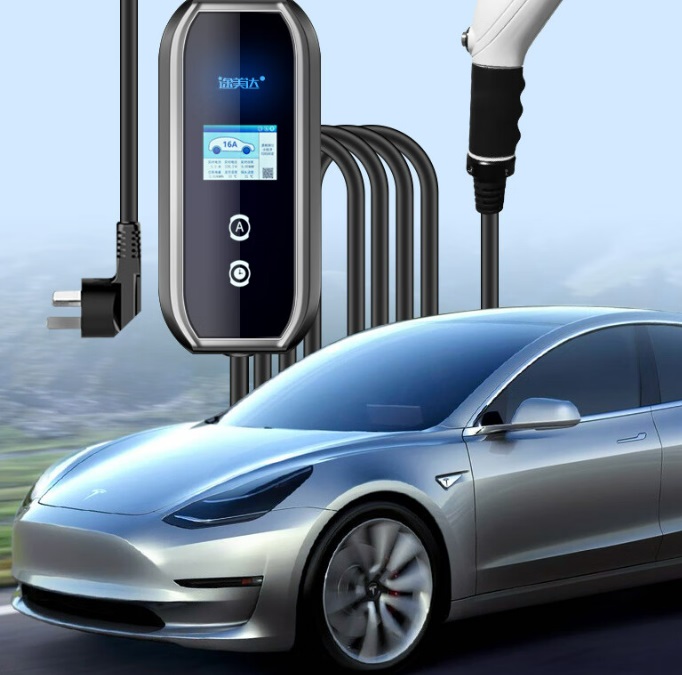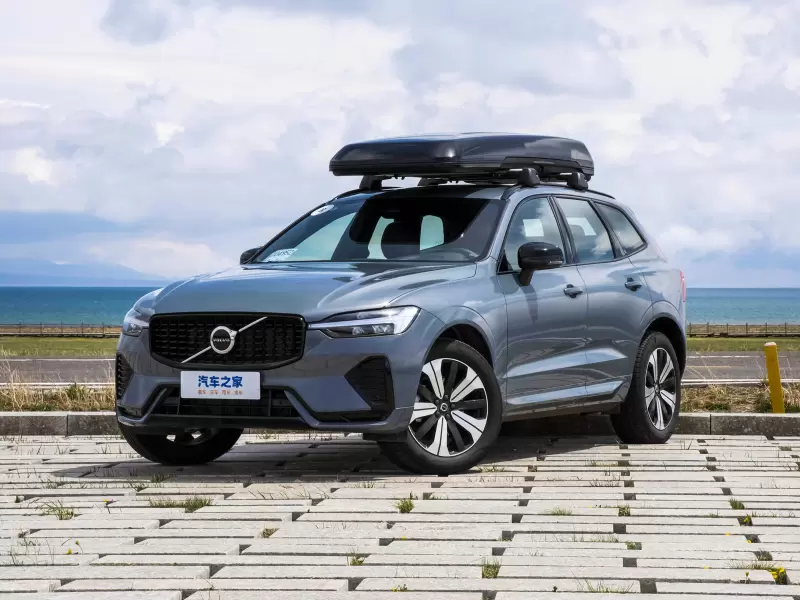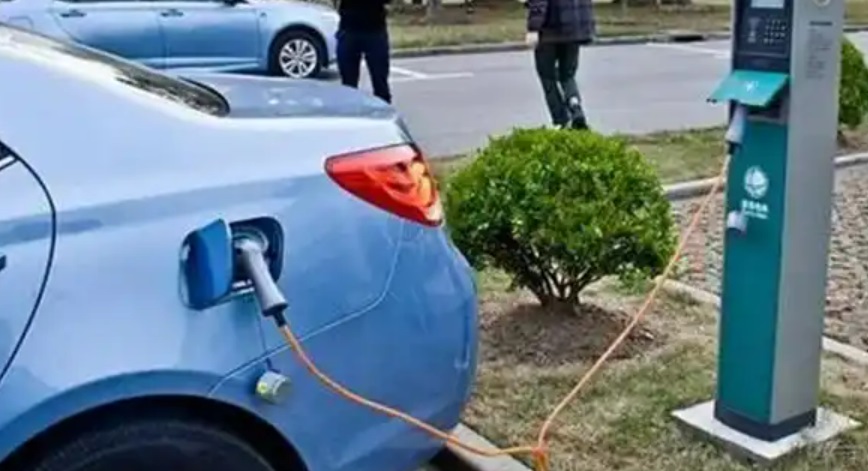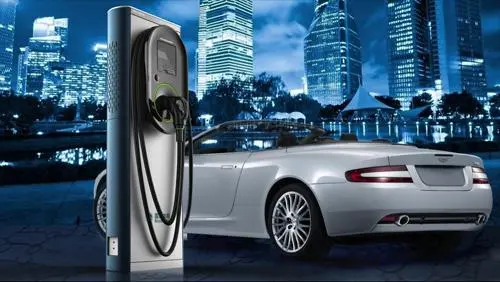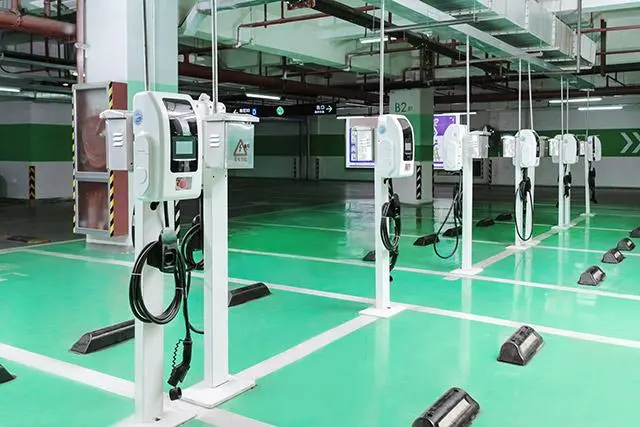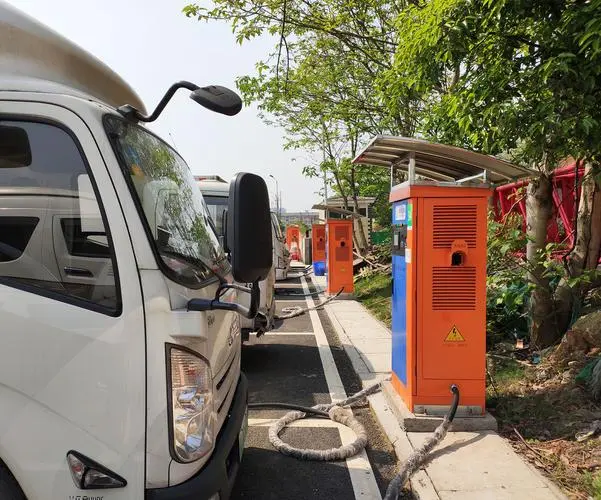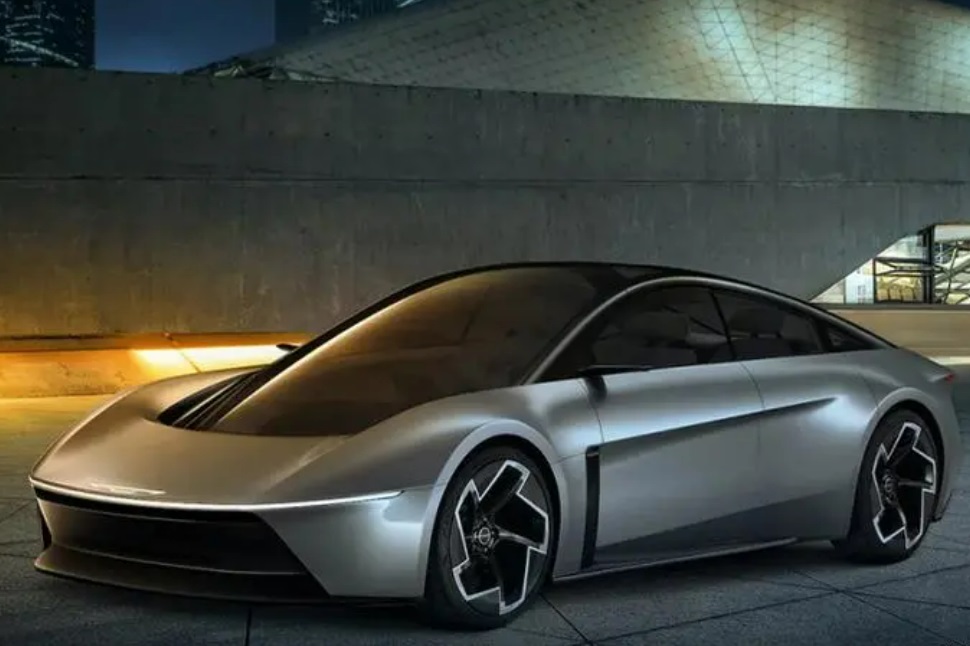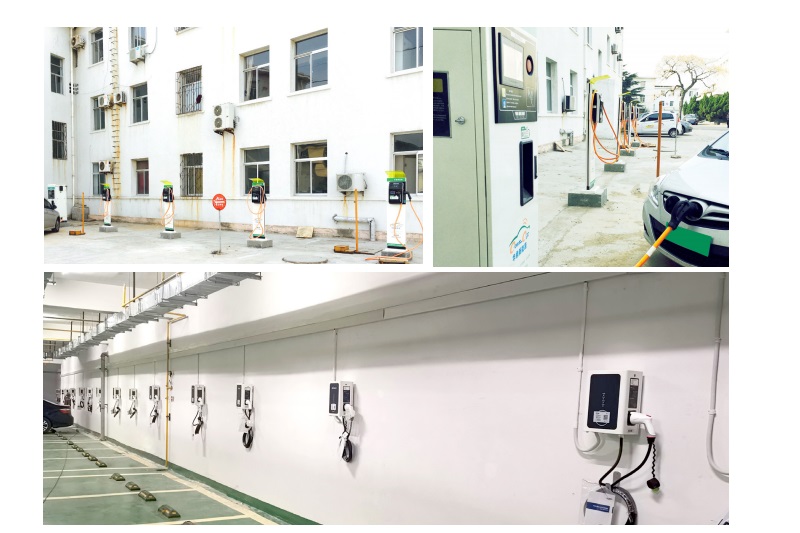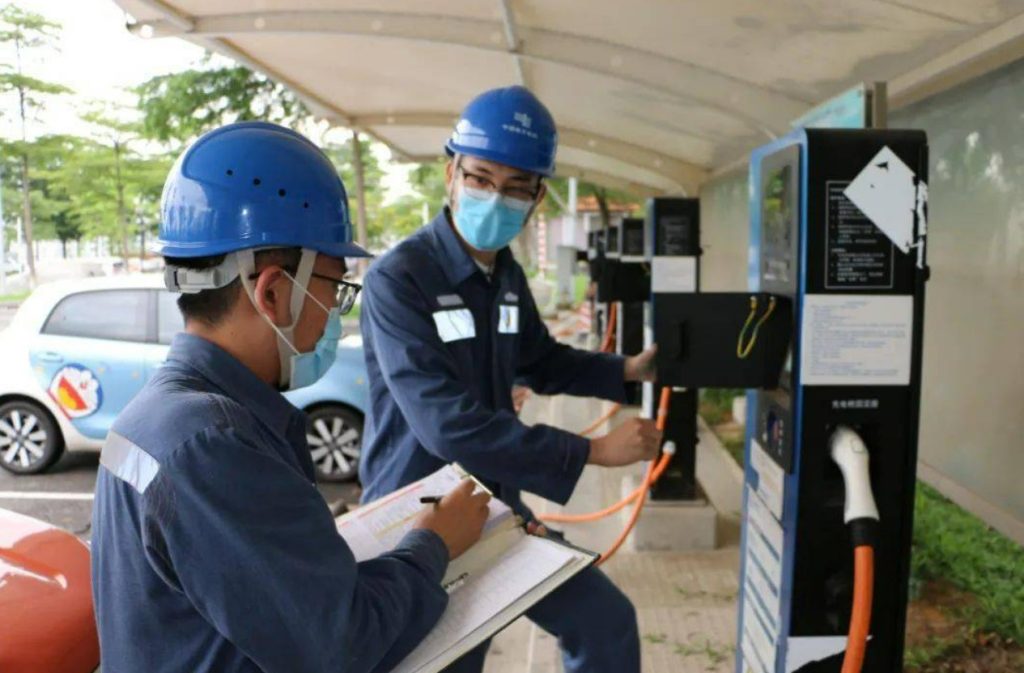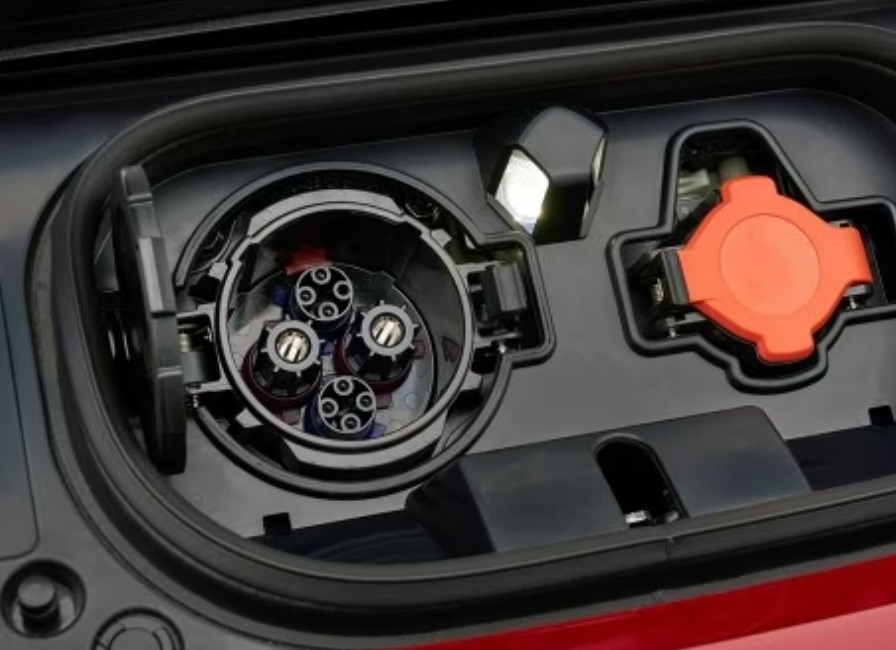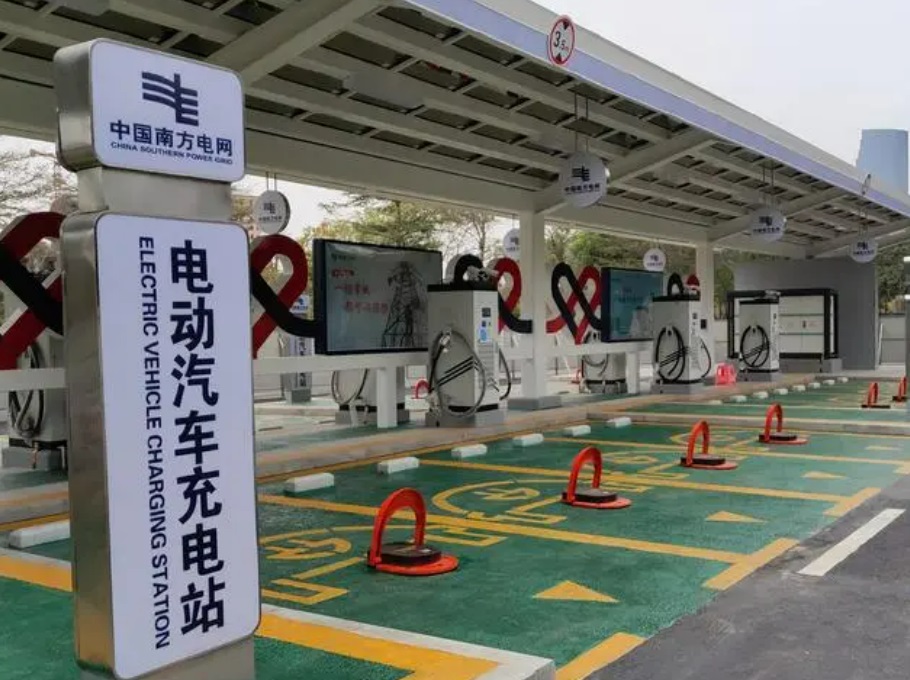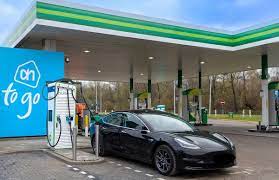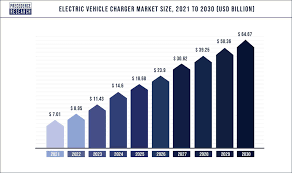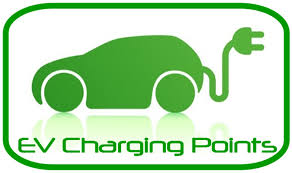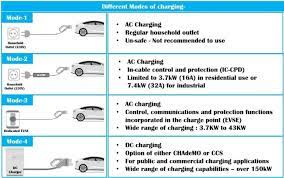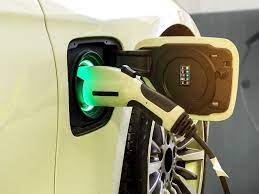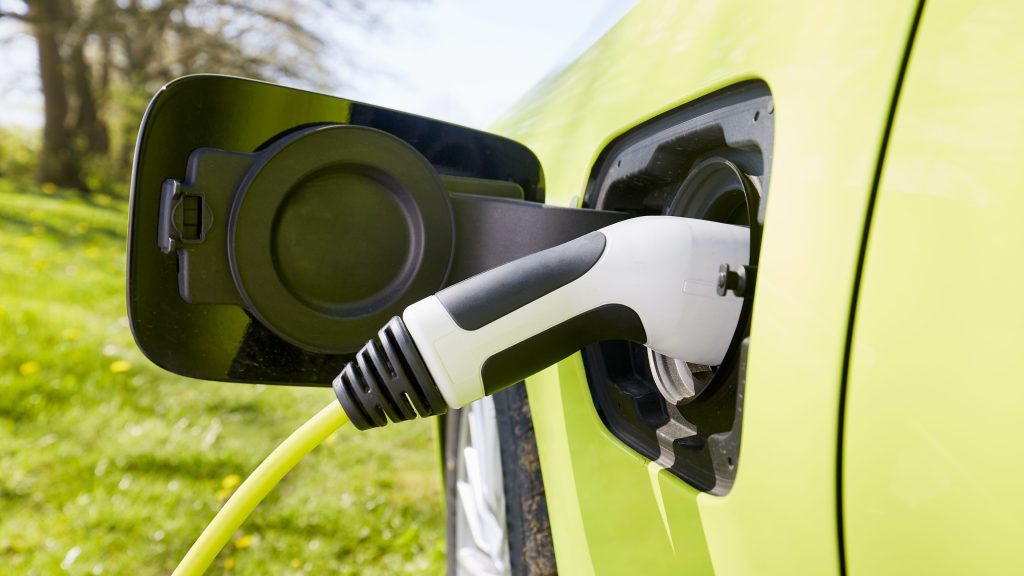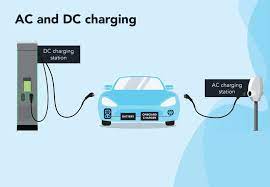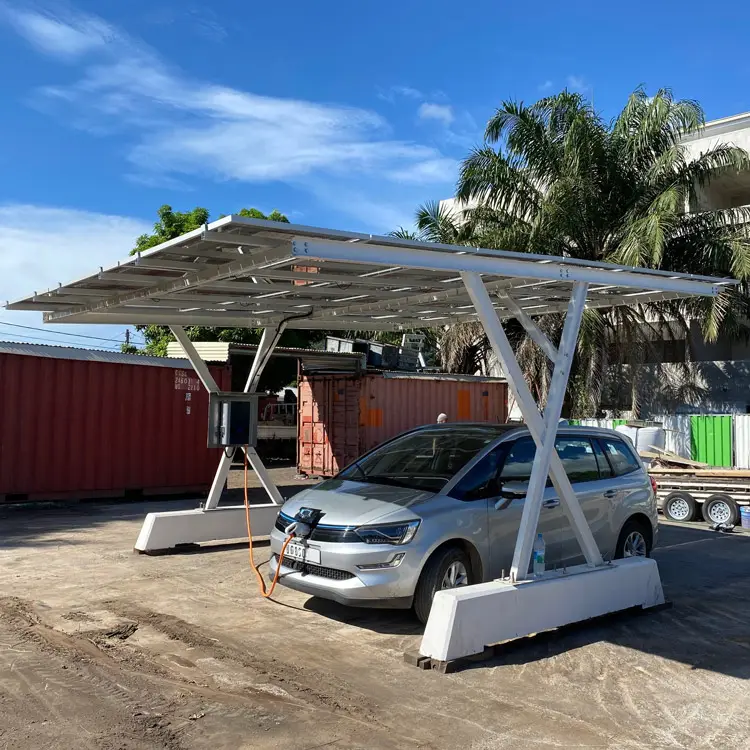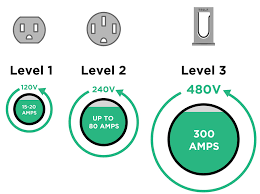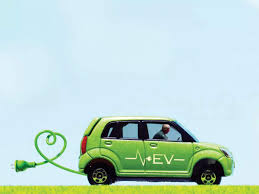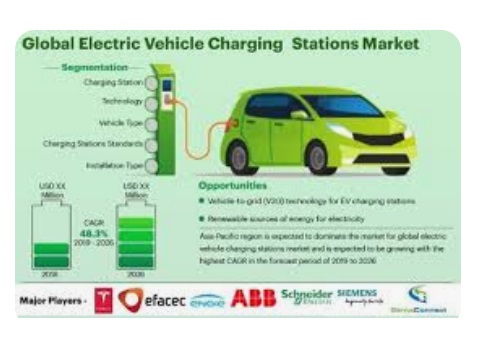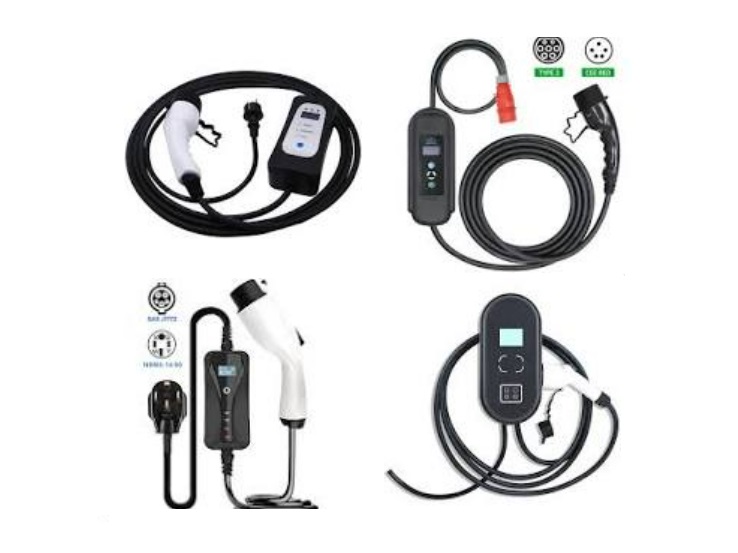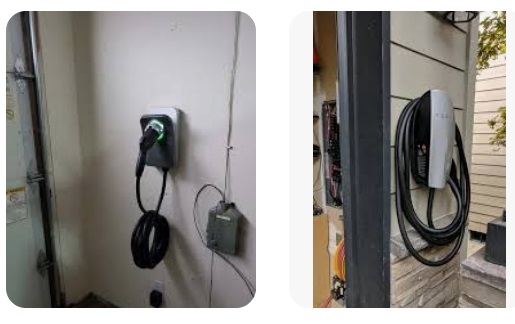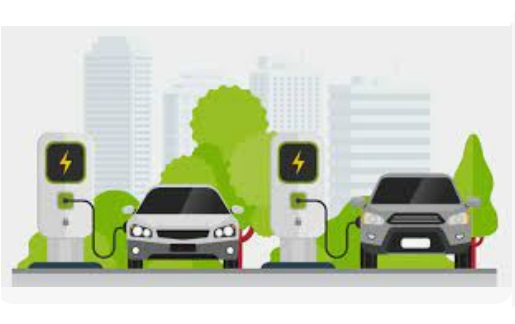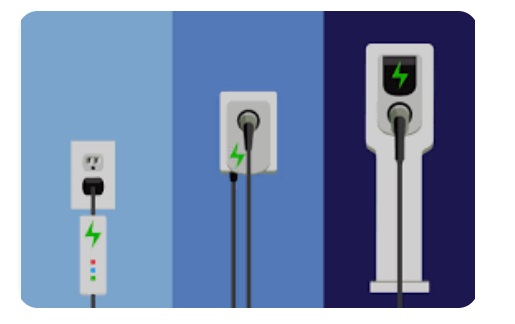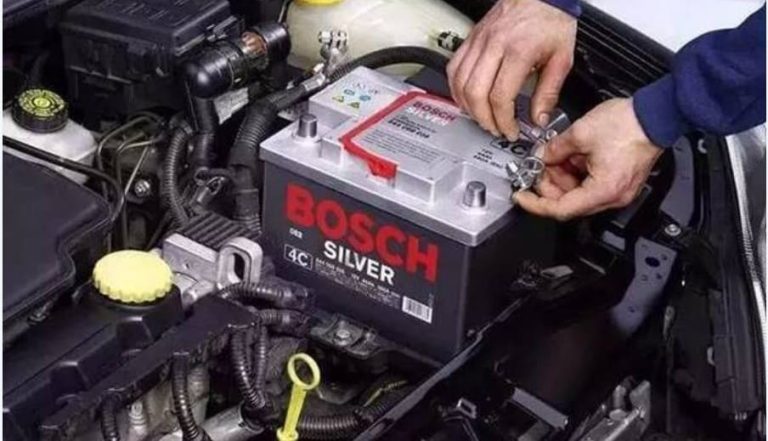How much does it cost to charge ev at home
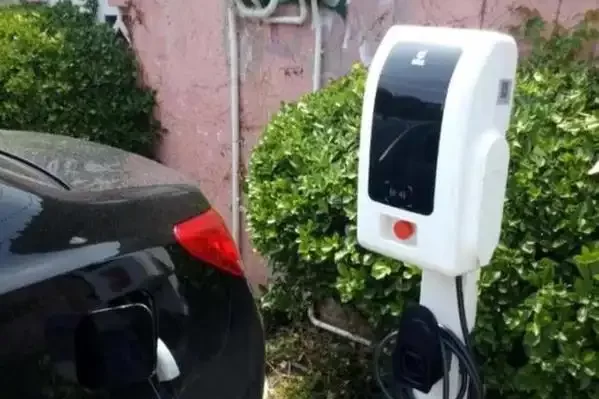
How much does it cost to charge ev at home. The most cost-effective and practical way to power your EV for daily use is to charge it at home, which is frequently less than half the price per mile when compared to paying for gas or using public DC fast charging stations.
Breaking Down the Cost Components of Home Charging
The total cost of home charging is not just your electricity bill; it’s a combination of the energy consumed, the equipment used, and the installation. However, for most owners, the ongoing electricity cost is the primary and most significant factor. Three factors are required to calculate this: the efficiency of your EV (miles per kWh), the cost per kWh of your home electricity, and the amount of driving you do.
The majority of contemporary EVs have an efficiency of three to four miles per kWh. This implies that you can travel three to four miles for every kilowatt-hour of electricity. The national average for residential electricity in the U.S. is about $0.16 per kWh, though this varies widely by state and utility provider. By multiplying your efficiency by your electricity rate, you get your cost per mile. For example, with an EV that gets 3.5 miles/kWh and an electricity rate of $0.16/kWh, your cost per mile is approximately $0.045. This is the foundational cost of home charging. When spread out over five to ten years of use, the initial investment in a Level 2 charging station—typically $500 to $1,200 for the hardware and $800 to $2,000 for installation—does add a fixed cost. it adds only a few cents to the cost per mile, solidifying home charging’s economic advantage.
The Stark Cost Comparison: Home vs. Public Charging
The economic advantage of home charging becomes overwhelmingly clear when compared to public charging networks. Public charging, particularly DC fast charging, involves two main cost components: the actual cost of the electricity and a significant “service fee” or “session fee” charged by the network operator to cover their equipment, maintenance, and network costs.
While electricity rates at public stations can sometimes be comparable to home rates, the added fees often double or triple the final price. DC fast charging stations commonly charge between $0.40 and $0.60 per kWh. For the same EV achieving 3.5 miles/kWh, the cost per mile at a public fast charger jumps to between $0.11 and $0.17 per mile—three to four times more expensive than home charging. Furthermore, some networks add idle fees if you leave your car plugged in after charging is complete, adding to the potential cost. This comparison doesn’t even factor in the time and cost of driving to and from a public station, which home charging entirely eliminates.
Leveraging Time-of-Use Rates for Maximum Savings
Many utility companies offer Time-of-Use (TOU) rate plans specifically designed to incentivize customers to shift their electricity consumption away from high-demand “peak” hours (typically late afternoon and early evening) to low-demand “off-peak” hours (usually overnight). This is perfectly suited for EV charging, as most cars are parked at home during the night.
Under a TOU plan, off-peak electricity rates can be dramatically lower, sometimes as little as $0.08 to $0.12 per kWh compared to peak rates of $0.30 to $0.40. Virtually all smart EVSEs (Electric Vehicle Supply Equipment, or charging stations) and EVs themselves allow you to schedule charging sessions. By simply plugging in your car when you get home and setting it to start charging at, say, 11 PM, you can automatically take advantage of these super-low rates. This simple habit can cut your charging costs by 50% or more compared to charging during the day, maximizing the financial benefit of home charging. Some utilities even offer special EV-specific rates that provide ultra-low prices in exchange for allowing the utility to briefly pause charging during periods of extreme grid demand.
Long-Term Financial Benefits and Total Cost of Ownership
The savings from home charging are a cornerstone of the compelling total cost of ownership (TCO) argument for electric vehicles. When you combine low-cost home electricity with the significantly lower maintenance costs of an EV (no oil changes, fewer brake jobs due to regen braking, no spark plugs, etc.), the overall savings compared to a gasoline car are substantial.
For a typical driver covering 15,000 miles a year, the annual cost to “fuel” an EV at home might range from $400 to $700, depending on local rates. The cost to fuel a comparable gasoline car getting 30 MPG with gas at $3.50/gallon would be $1,750—a difference of over $1,000 per year. This saving alone can cover a significant portion of a car payment or the upfront cost of installing a Level 2 charger within just a few years. This financial advantage persists over the life of the vehicle, making home charging not just a matter of convenience but a powerful long-term financial decision.
Practical Considerations and Getting Started
You need a specific charging solution in order to access these savings. Although Level 1 charging, which uses a typical 120V household outlet, is effective, it adds only three to five miles of range per hour. Purchasing a 240V Level 2 charger is crucial for the majority of drivers. Running a new dedicated circuit from your electrical panel to your parking spot necessitates expert installation by a certified electrician.
Depending on the distance from the panel and whether any panel upgrades are required, the cost of this installation may change. Obtaining several quotes is essential. Additionally, you should look for federal, state, or local rebates and incentives, as these can frequently cover 30–50% of the overall cost of the hardware and installation. Lastly, speak with your utility provider to learn about their unique rate structures and any special offers they might have for EV owners. By following these steps, you can install a very effective, secure, and incredibly affordable refueling station in your garage, making your experience as an EV owner both pleasurable and cost-effective.

